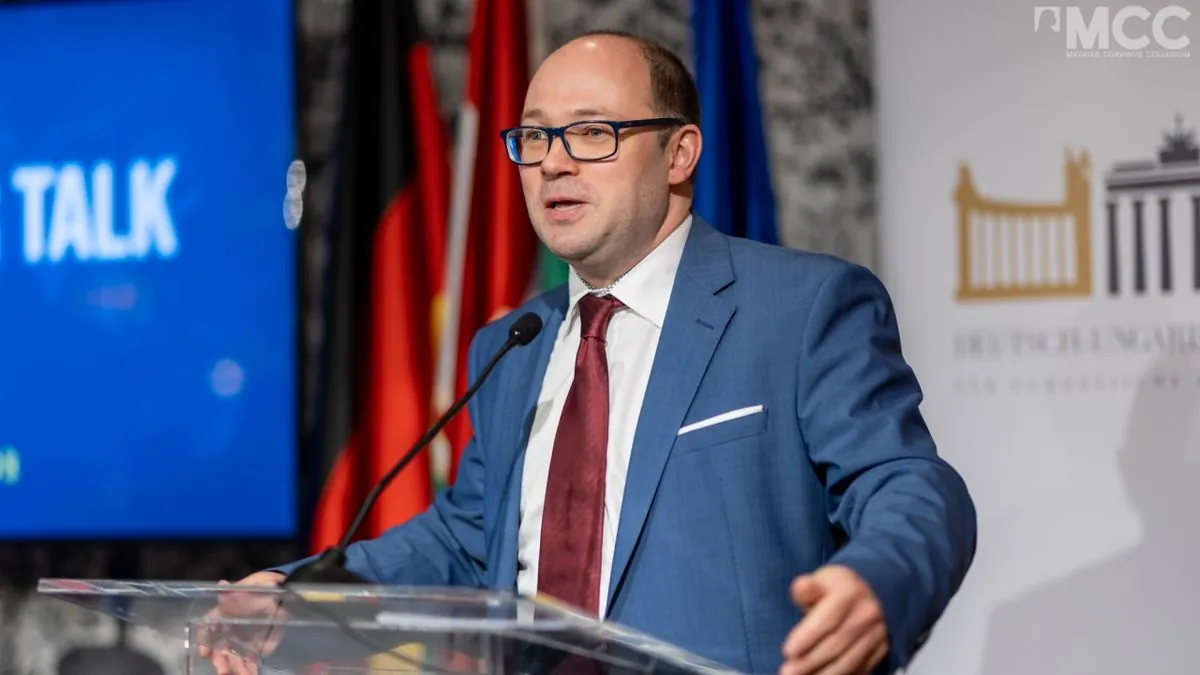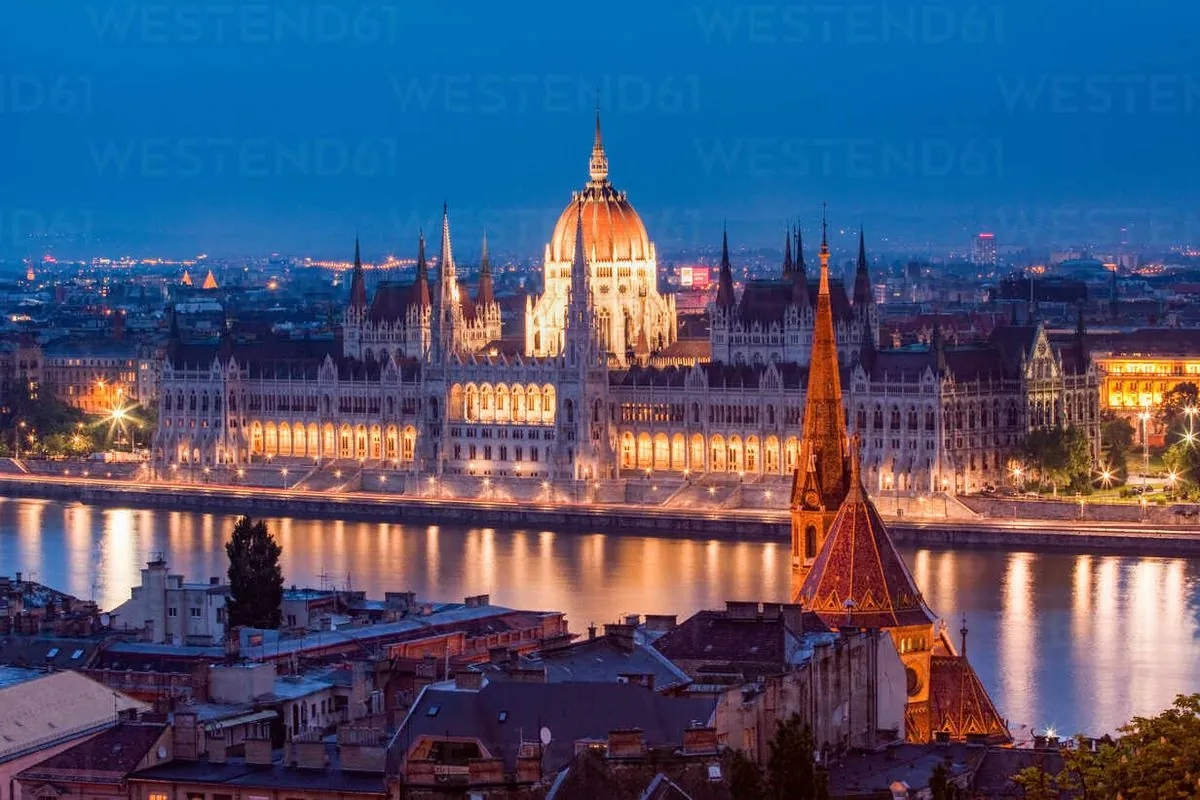German Envoy Criticizes Hungary's Actions, Urges Public Response
German ambassador to Hungary expresses concern over actions eroding trust with NATO and EU allies. Senior Hungarian officials absent from German Unity Day event, highlighting diplomatic tensions.

In a notable diplomatic development, Julia Gross, Germany's ambassador to Hungary, delivered a candid speech at a German Unity Day event in Budapest on October 2, 2024. The ambassador's remarks highlighted growing concerns over Hungary's recent actions and their impact on relationships with NATO and European Union allies.
Gross emphasized that Hungary's current trajectory is distancing it from its allies, stating, "Hungary is on a path that is leading it away from its friends." This statement underscores the increasing tension between Hungary and its Western partners, a situation that has been developing over recent years.
The ambassador's critique encompassed several key issues:
- Hungary's approach to the Ukraine conflict
- Delays in ratifying NATO accessions
- Recent controversial statements by Hungarian politicians
Gross specifically mentioned Prime Minister Viktor Orban's talks with Russian President Vladimir Putin in July 2024, which were conducted without the backing of other EU member states. This unilateral action raised eyebrows among Hungary's allies, who have been maintaining a united front against Russian aggression.
The ambassador also pointed out Hungary's delayed ratification of Sweden's NATO accession, which was finally completed in February 2024. This prolonged process had caused frustration among NATO members, who viewed it as an unnecessary obstacle to strengthening the alliance.

"Together we should demand ... that what you have built up not be torn down."
The absence of senior Hungarian officials at the event, which had previously been attended by Hungary's foreign minister, was particularly noticeable. This absence may indicate a growing rift in German-Hungarian relations, despite their strong economic ties.
Germany has played a crucial role in Hungary's economy since the mid-1990s, with major German automakers investing heavily in the country. Economic data from 2023 shows that Germany accounted for 26.3% of Hungarian exports and 22.6% of imports, highlighting the significance of this relationship.
It's worth noting that Hungary's journey since joining NATO in 1999 and the EU in 2004 has been marked by both progress and challenges. The country's transition from a centrally planned to a market-based economy in the 1990s has led to significant economic growth, but recent political developments have strained its relationships with Western allies.
The situation reflects the complex dynamics within the EU and NATO, where member states must balance national interests with collective responsibilities. As Hungary navigates its diplomatic path, the international community will be watching closely to see how it addresses the concerns raised by its allies.


































